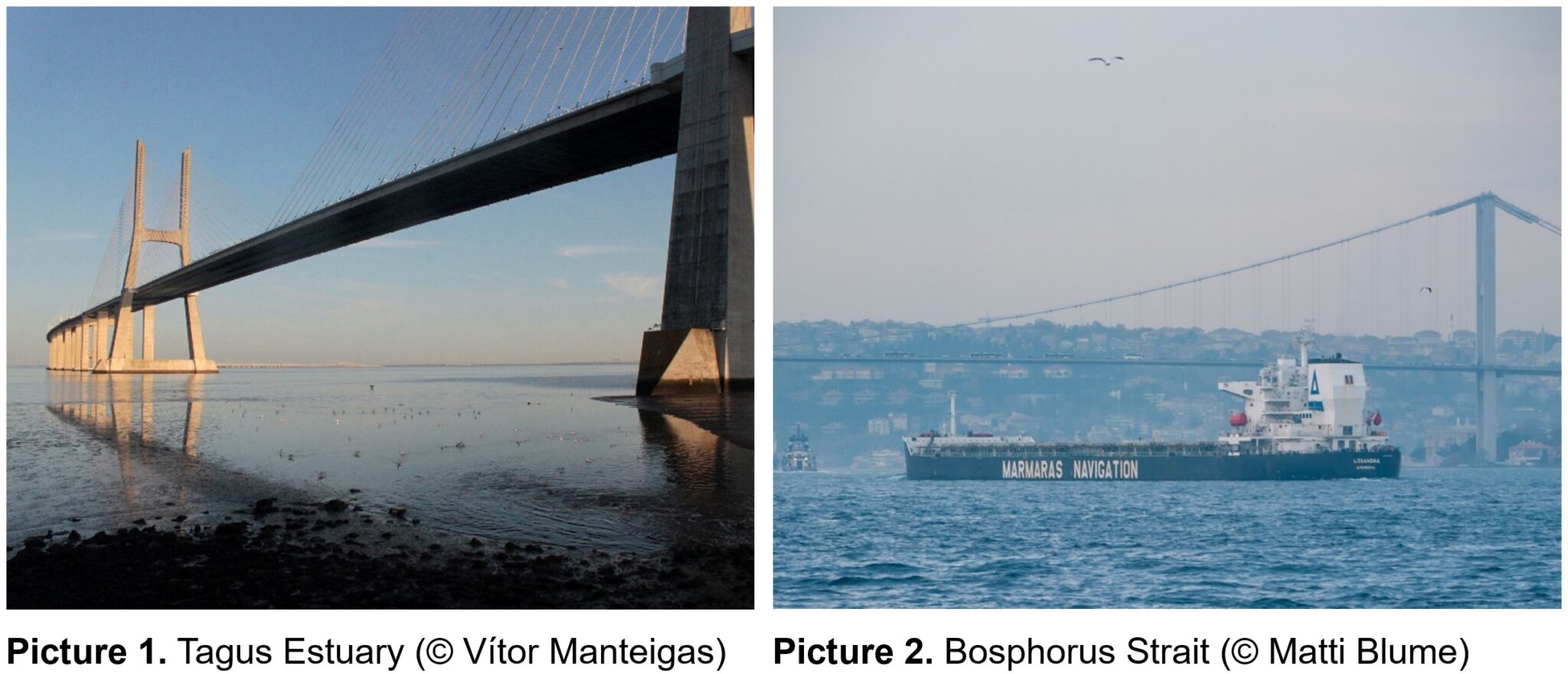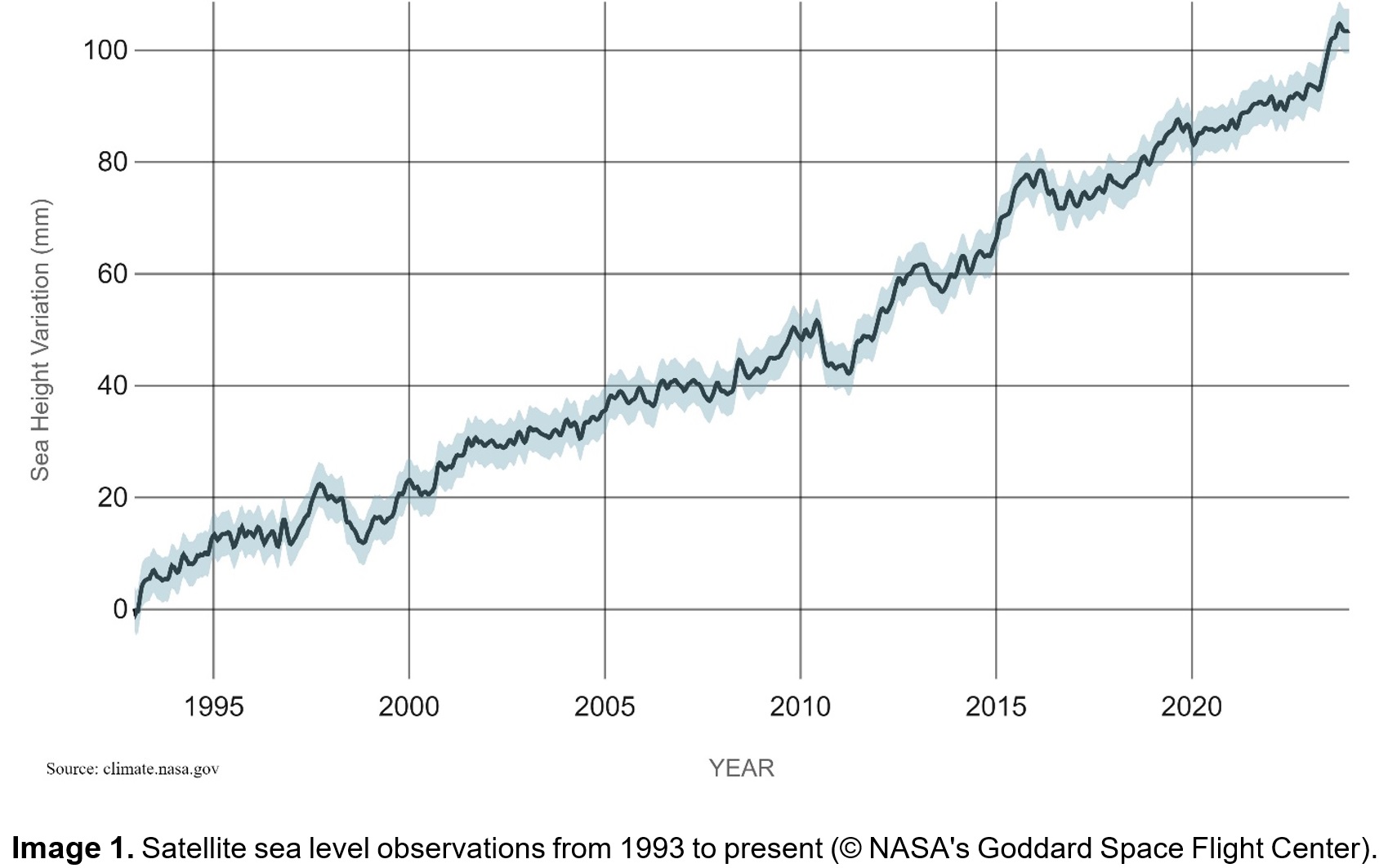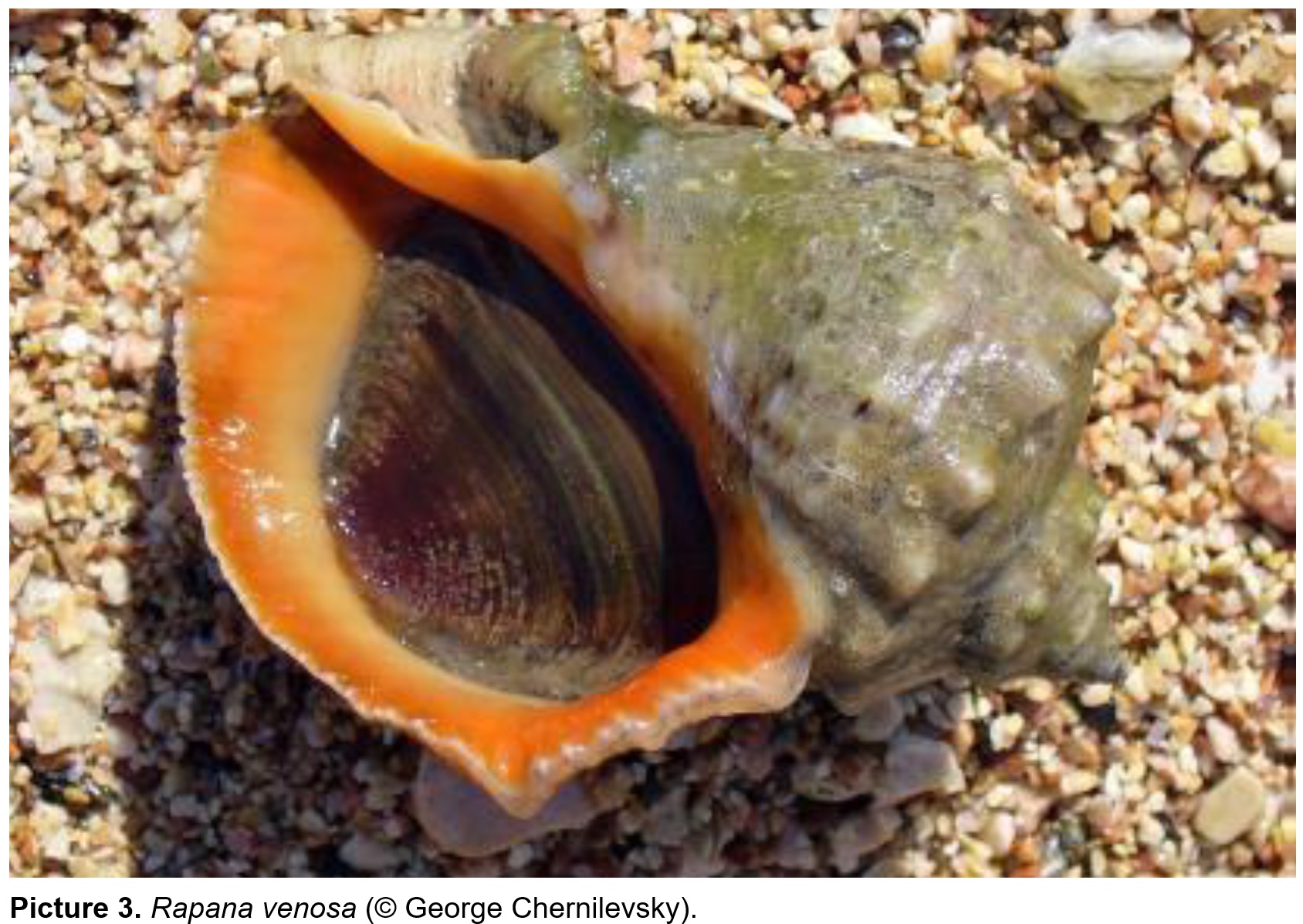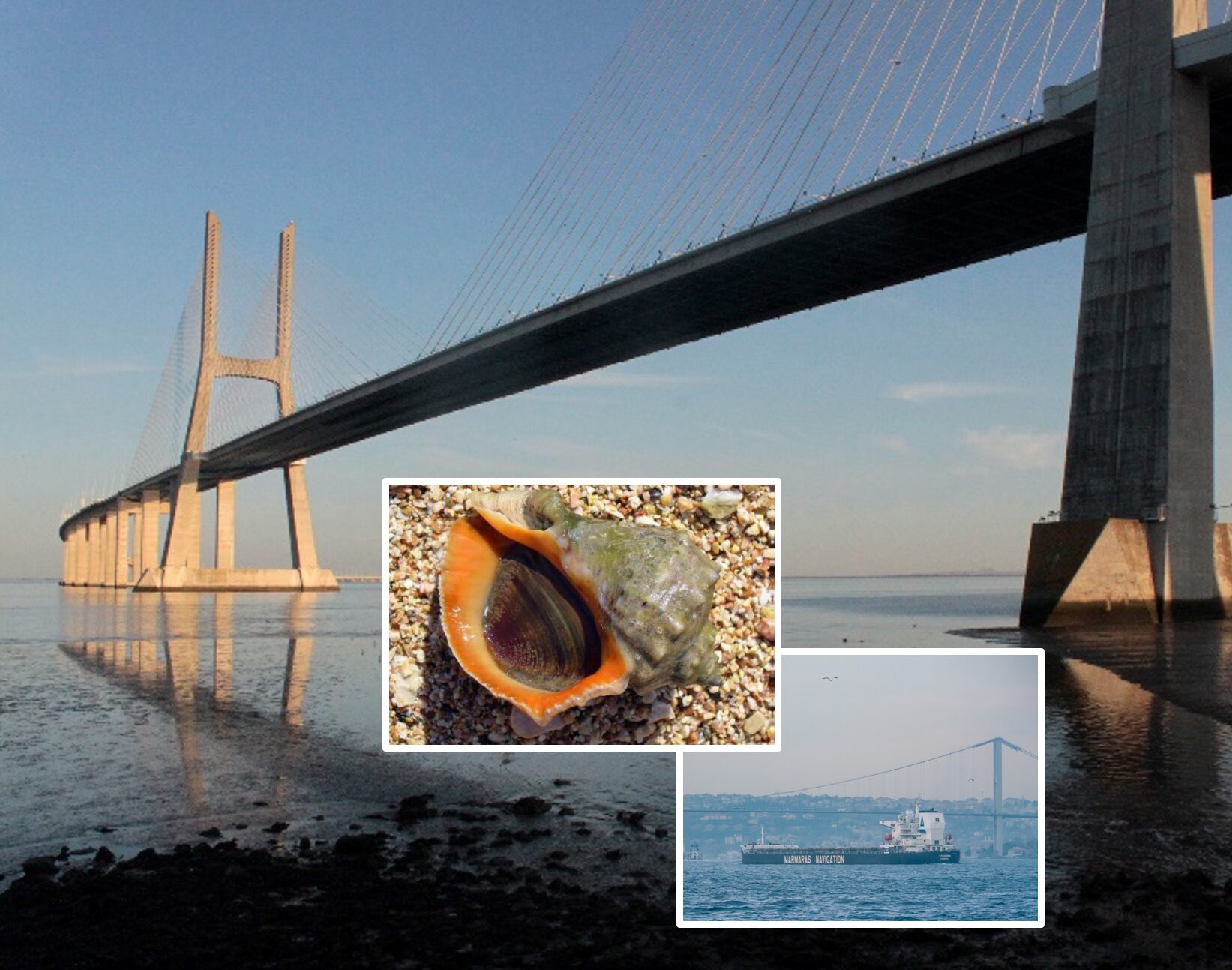The Bosphorus Strait, situated in Turkey, serves as a vital waterway connecting the Black Sea to the Mediterranean, while the adjacent Marmara Sea plays a crucial role in the region’s ecological balance.
In Portugal, and by analogy, the Tagus River and its estuary play a fundamental role. The Tagus is the largest river in the Iberian Peninsula, and its estuary is an area of rich and varied biodiversity, home to a wide variety of species of birds, fish, and other marine animals. Additionally, the Tagus Estuary plays a vital role in the country’s economy, serving as an important trading port and access point to the Atlantic Ocean. However, the impacts of climate change increasingly pose significant challenges to the biodiversity of these water bodies in both countries.

According to “A globally coherent fingerprint of climate change impacts across natural systems”, a study by Parmesan and Yohe published in Nature, climate change is causing shifts in the geographic ranges of many species as they seek suitable habitats, and this includes both terrestrial and marine organisms.
Satellite data from NASA demonstrate a gradual rise in global sea levels (Image 1) and studies conducted by Turkish oceanographic research institutions as well as the Instituto de Ciências Ambientais (Institute of Environmental Sciences) at the Universidade de Lisboa (University of Lisbon), demonstrate a gradual rise in sea levels along the Turkish coast, including the Marmara region but also in Tagus River and the Tagus Estuary, respectively. This sea-level rise exacerbates coastal erosion, submerges habitats, and increases the vulnerability of coastal communities and ecosystems to climate-related risks, and, in the case of Tagus River, is leading to increased salinization of freshwater habitats near the estuary. This affects the delicate balance of ecosystems and threatens the survival of species adapted to specific salinity levels.

Fish species such as sea bass and shads are particularly affected by changes in water temperature. Studies conducted by Turkish scientific institutions, such as the Meteoroloji Genel Müdürlüğü (MGM, Turkish State Meteorological Service) and the Institute of Marine Sciences at Orta Doğu Teknik Üniversitesi (Middle East Technical University), indicate a notable increase in average temperatures in the Marmara region. This rise in temperature directly affects the marine life inhabiting the Bosphorus and the Marmara Sea, disrupting their physiological processes and ecological interactions. According to the Instituto Português do Mar e da Atmosfera (Portuguese Institute for Sea and Atmosphere) the rising temperatures associated with climate change are impacting the metabolic rates and reproductive patterns of various species inhabiting the Tagus Estuary.
The changing climate patterns, including more frequent and intense heatwaves, as well as irregular precipitation, are forecasted by MGM. Reports from the Agência Portuguesa do Ambiente (Portuguese Environment Agency) highlight how climate change is altering the habitats within the Tagus Estuary. These extreme weather events contribute to habitat destruction, alter migration patterns, and disrupt the delicate balance of marine ecosystems. Increased temperatures and changes in precipitation patterns are leading to shifts in vegetation and the loss of important habitats for wildlife, including wetlands and marshes. In the case of Turkey, the devastating floods, and landslides in the region of the Bosphorus Strait, documented in reports by local news agencies and government disaster management authorities, further exacerbate the environmental stressors faced by marine life.
Regarding pollution and habitat degradation, the increasing human population, and therefore human activities, such as urbanization and pollution from industrial and agricultural sources, exacerbate the effects of climate change on the Tagus Estuary and around the Bosphorus and the Marmara Sea. Evidence reported from environmental monitoring agencies in Turkey shows the increase of pollution levels. Pollution from urban runoff, industrial discharge, and shipping activities degrade water quality, endangering marine species and their habitats and reports from the Ministério do Ambiente e da Ação Climática (Portuguese Ministry of Environment and Climate Action) emphasize the need for integrated management approaches to address these multiple stressors and safeguard the estuarine ecosystem near Lisbon.
The Tagus Estuary is a critical stopover point for migratory birds traveling between Europe and Africa. However, climate change is disrupting these migratory patterns, as noted in research by the Sociedade Portuguesa do Estudo das Aves (Portuguese Society for the Study of Birds). Changes in temperature and habitat availability are affecting the timing and routes of bird migrations, potentially leading to population declines. On the other hand, the introduction of invasive species, facilitated by global maritime trade and climate-induced habitat changes, poses a significant threat to native biodiversity in the Marmara Region.
According to Dukes and Mooney, in their study “Does global change increase the success of biological invaders?“, publish in Trends in Ecology & Evolution, climate change can create conditions that favour the spread of invasive species, which can outcompete native species and further exacerbate biodiversity loss.
Reports from Turkish marine research institutes and international environmental organizations highlight the spread of invasive species like R. venosa (Picture 3) and the elongated pufferfish (Lagocephalus sceleratus), altering the ecological dynamics of the Bosphorus and the Marmara Sea.

The United Nations Sustainable Development Goal number 14 is emphasized on the importance of the conserving marine environment and sustainable use of marine resources. They stress the effect of illegal and unregulated fishing, which causes population decrease of some species and biodiversity. Ocean warming, another issue pointed out by the United Nations, provides the suitable environment for invasive species to thrive in.
In conclusion, the effects of climate change on the biodiversity of the Bosphorus Strait and the Marmara Sea are interconnected and, such as in the Tagus Estuary, are multifaceted. Scientific research from various national and international institutions, alongside data from environmental monitoring agencies and firsthand observations of environmental phenomena, provide compelling evidence of the urgent need for comprehensive mitigation and adaptation measures to safeguard these vital marine ecosystems for future generations.




You must be logged in to post a comment.